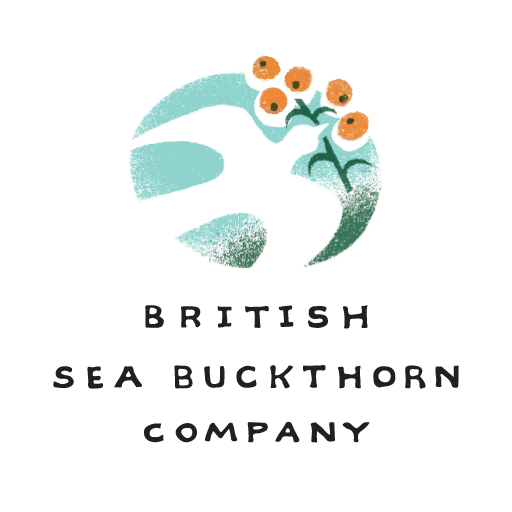Next week is the Euroworks sea buckthorn conference in Riga, Latvia. These events are every two years and not only provide a great networking opportunity but also share new developments in growing and processing. The industry is alive and well and normally this event is in October when the farming calendar slows into autumn work. August here at Devereux farm is full, both with sea buckthorn issues and the arable harvest. The Soil Association first inspection starting the three year conversion for the sea buckthorn to certify as organic is completed. The paperwork was not as onerous as I expected. In fact the day prompted some interesting lines of research for the future.
Farming by its nature works in longer cycles than most industries. Modern economics drive this process faster but for conventional arable crops there is still an annual procession. Like it or not the world has always been changed and not everyone likes it. My latest addition to my library in my office is a 1653 copy of the English Improver improved by Walter Blith. A captain whose mission was to persuade soldiers that had been involved in the English Civil War that farming was a more profitable business than fighting. Under the chapter on plantations of hops,saffron and liquorice he mentions how the City of London objected to the growing of hops as they considered it spoilt the taste of beer as they knew it. England had had the troubled times of Civil war, splitting the population and as a consequence negativity pervade. Captain Blith mentions that the country was starving – ” which was just answerable to the Principles of those men that now cry down all devices and ingenious discoveries and so this day therby stifle and choak improvement”. As the referendum on the EU fades it is a reality. It split the country as in the Civil War, and there is as much uncertainty now as there was then. But positive change will come if it is allowed to.
One of the referendum issues that was a fear was the potential loss of research funding. The EU Horizon 2020 funding process offered 3.4 billion euro to the UK research industry bringing the brightest and the best teams across Europe to work together. All fields of science are involved and this is what drives discovery in medicine, technology, agriculture and so on. The fear is that without funding our best researchers will go abroad to find work. There is a petition currently running at a little over 36,000 supporters to ensure that any Brexit deal preserves the UK access to the EU collaborative programmes. As with all petitions it needs 100,000 for the government to take it forward. So I for one are on that petition and hopefully any readers of this blog will join and pass the message on.
Research is an essential for progress. The Siberian sea buckthorn varieties at Devereux farm have been developed from breeding programmes started in the 1930s. The result has been to produce sweeter tasting, large berried, thornless, high yielding varieties. This is the same form of work that has focused on all crops as we tame the best qualities in nature. The qualities within the sea buckthorn berry are highly complex encapsulating 190 nutrients that provide the benefits that many formative research papers have recognised.
So why is sea buckthorn not on the UK market alongside strawberries, raspberries and blueberries. I would suggest it is still held back, not by a recognition of its nutritional quality but in the need for a mechanical harvester for the smaller farmer. In germany the market is established and farmers are investing in fields of 25 hectares (60 acres). Harvesting and processing facilities are established utilising high cost contracting equipment. This crop supplies the growing internal market for natural cosmetics and supplements within the country. Germany is one of the highest consumers of such products coming from an appreciation of natural health products and the environment they come from.
The trials of growing Siberian sea buckthorn at Devereux farm is making progress. It is disappointing that the 2016 crop had issues but the problem has been identified and solution found. Birds remain the principle issue. Corvids – rooks and jackdaws in this case, have taken a real liking to these sweet sea buckthorn berries. They do not eat the german or finnish varieties, but love the siberian ones. I was told yesterday however that the german variety Sirola is also targeted by birds – particularly starlings.( which is the earliest ripening german variety at Devereux)
A huge bird cage is part of the solution, but radio programmes this week revealing how intelligent these birds are indicates that this will not be more than a single solution problem.
The harvesting issue is foremost in my mind as the most important issue to solve. Following advice from the Lisavenko Institute in Siberia I am working with East Malling research (EMR) in Kent to devise a trial on whether it is possible to branch cut harvest siberian varieties. The variety Elizaveta is on the list suggested. This is the one that grows rapidly, but also is prone to catching disease. Branch cutting may encourage it to regenerate, but it will be interesting to see whether cutting the branches makes the plants more susceptible to disease.
I will miss the Euroworks conference but hopefully if the trials go well at Devereux the results will be of interest as a presentation at the next one in 2018.
